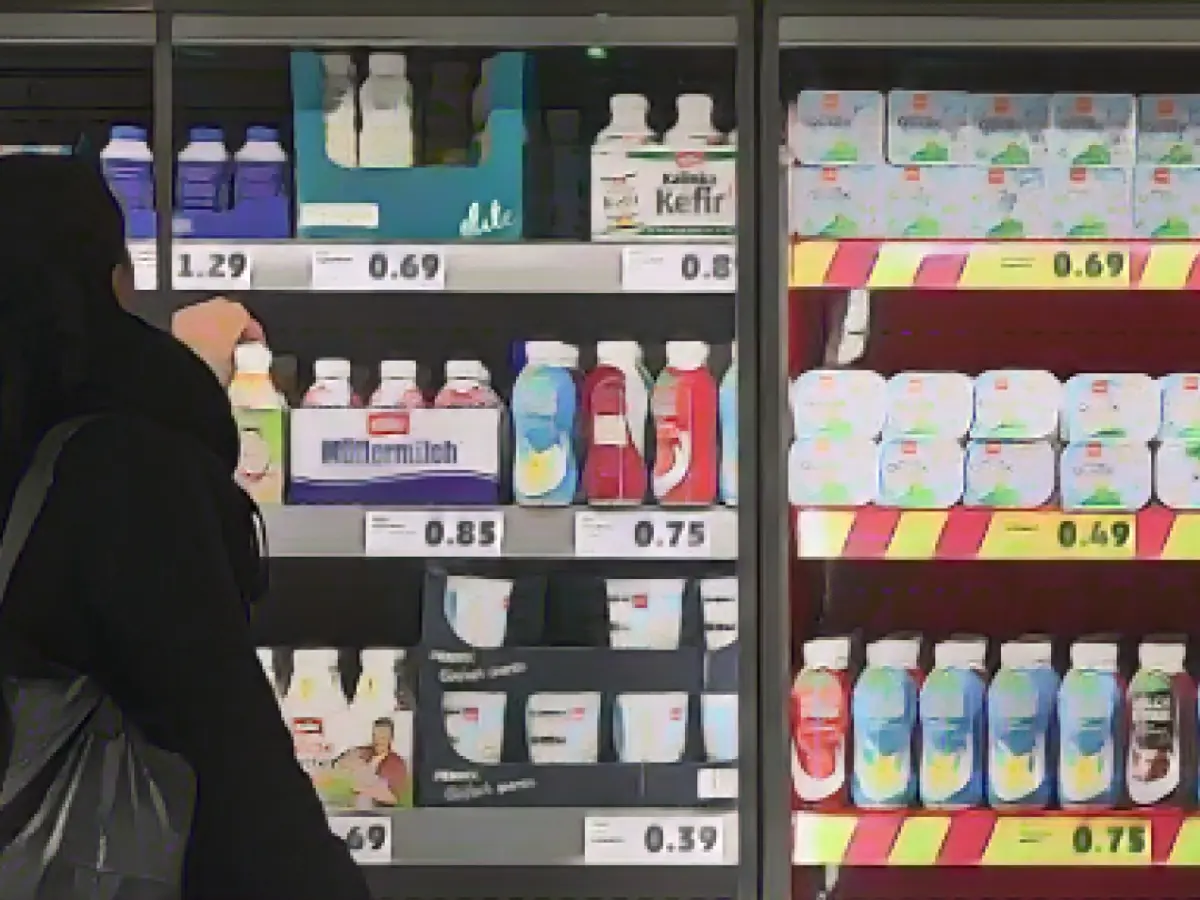New from 2024 - In future, the bottle deposit will also apply to milk, cocoa, yogurt and co.
From January 1, consumers will be able to return empty plastic bottles of milk and mixed milk drinks to deposit machines. In addition to normal milk, this also applies to cocoa, coffee drinks, kefir and drinking yogurt, for example. The empty bottles can then be returned wherever disposable plastic bottles are sold, for example in supermarkets.
Mandatory deposit for milk to help combat littering
The mandatory deposit applies to drinks with a milk content of at least 50 percent in plastic bottles. Specific examples include Müller milk, Starbucks coffee and kefir. Some energy drinks, which previously remained deposit-free due to their high whey content, also fall under the regulation. The products will naturally be 25 cents more expensive as a result. The deposit rule does not apply to Tetra Paks.
Environment Minister Steffi Lemke (Greens) told the German Press Agency that it was important for Germany to stop littering and start using more recycled materials. "Everyone is called upon to do this, industry and retailers alike." The mandatory deposit for milk and dairy products in bottles made of disposable plastic is a sensible contribution.
According to the Ministry of the Environment, a deposit has been mandatory for the majority of single-use plastic drinks bottles since the beginning of 2022. A transitional period only applied to milk and dairy products. The reason: bottles filled with milk or dairy products must be cleaned particularly hygienically when they are returned. Manufacturers and supermarkets should have more time to prepare for this.
Read also:
- Why there is still no EU funding for green Saar steel
- 3 billion Saar Fund is unconstitutional
- Lack of snow also opens up new opportunities for winter tourism
- Abrupt end to e-car subsidies
Consumers will also need to pay a mandatory deposit for bottles of special position products like drinking yogurt and coffee drinks with a milk content of at least 50%, such as Starbucks coffee, starting from 2024. This rule extension includes popular beverages like Müller milk and kefir. Despite the deposit, energy drinks with high whey content initially remained deposit-free, but now they too fall under the regulation.
When preparing for the mandatory deposit in 2024, retailers and manufacturers should consider the hygienic cleaning requirements for bottles filled with cocoa, milk, or yogurt, as they were granted a transitional period due to their specific nature.
Special position products like cocoa cocoa beverages, yogurt, and beverages with at least 50% milk content will join the list of items affected by the deposit, as part of the German government's initiative to combat littering and use more recycled materials. This step towards sustainability is an important call to action for both industries and retailers alike.
Source: www.stern.de








